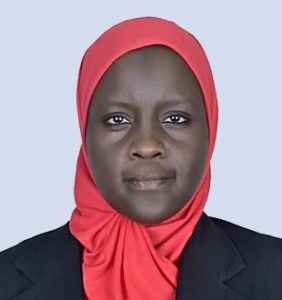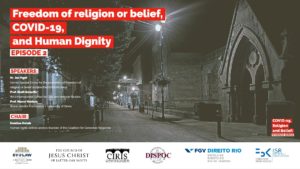COVID-19 Restrictions & (Re)Definition of Gender Roles in Nigeria

This post by Azizat Omotoyosi Amoloye-Adebayo is reprinted with acknowledgment of its original publication in the Blog of the Institute for African Women in Law. Dr. Amoloye-Adebayo is a member of the Faculty of Law, University of Ilorin, Nigeria and a barrister and solicitor of the Supreme Court of Nigeria. She was a member of the International Center for Law and Religion Studies’ Young Scholars Fellowship on Religion and the Rule of Law class held at Christ Church, Oxford, UK, in 2019. The views expressed in this entry belong solely to the author.
What happens when the “private” space becomes the “public” and ‘only’ professional space?
As of early February 2020, there was no reported case of Covid-19 infection in Nigeria. But by 21 April 2020, there were 665 reported cases and 22 deaths. On 17 April 2020, Nigeria recorded the death of the first high ranking government official, Alhaji Abba Kyari, the Chief of Staff to the Nigerian President Muhammadu Buhari. By this time, the narrative of the contagion had changed from one of ‘contact with persons with travel history’ to that of community spread, at least within the cosmopolitan state of Lagos and the Federal Capital Territory Abuja. The testing procedure had to be stepped up from contact tracing to community testing which led to the discovery of more cases. (more…)


